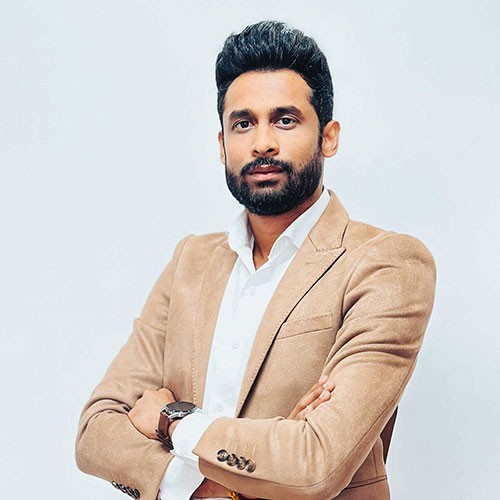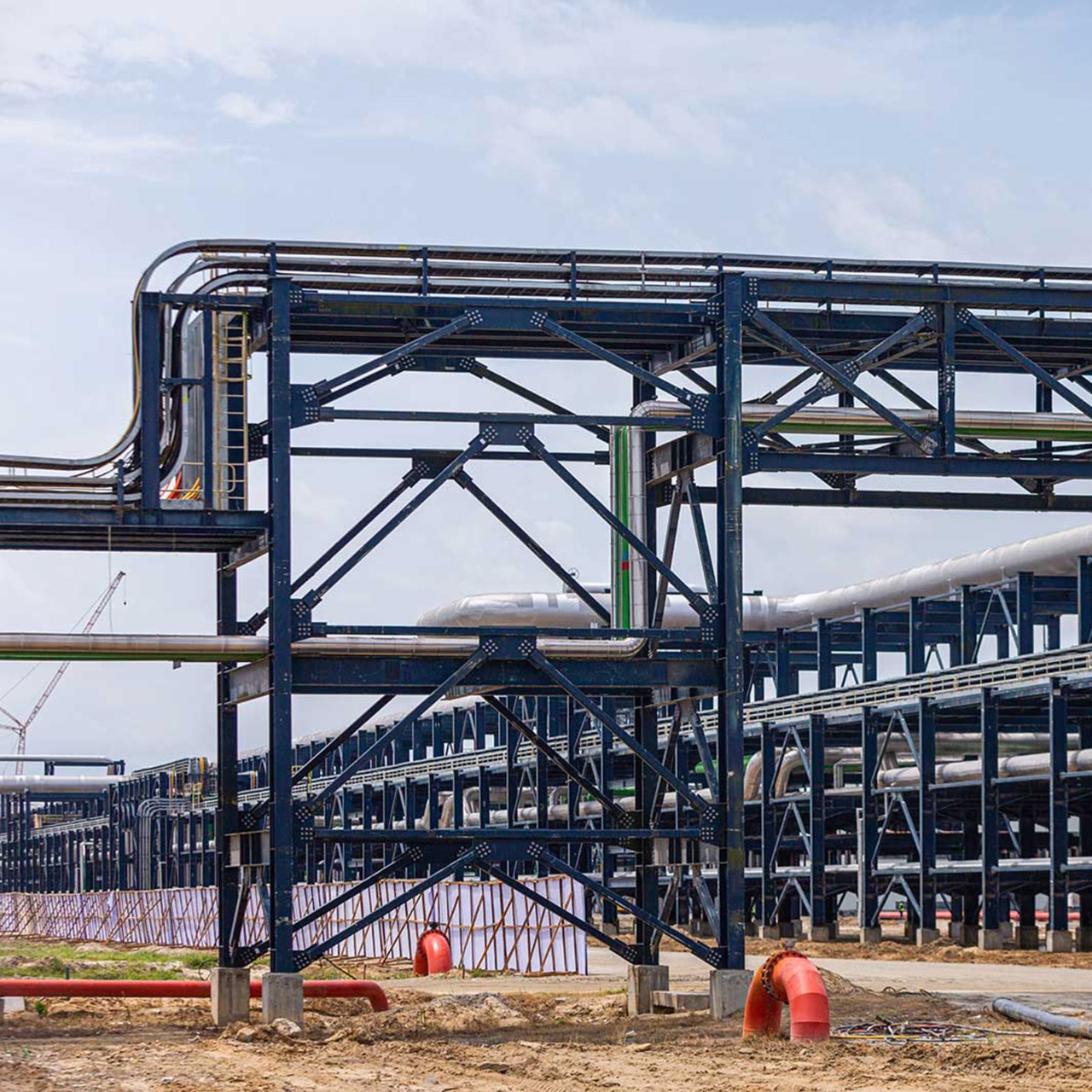
In achieving its vision to be a world-class utility company, state-owned Ghana Water – which is responsible for the production, transmission and distribution of potable water to more than 15 million people in urban and peri-urban areas of the country – has long faced some considerable challenges.
Thomas Mensah Abobi FCCA, Ghana Water’s acting chief manager, finance, has worked for the company for more than 20 years. He joined as an assistant accountant just a few years after what was then Ghana Water and Sewerage Corporation had been nationalised in 1999, and has seen a ‘dramatic transformation’ over that time. ‘When I joined, most of our activities were manual, but today we use a lot of technology in our water distribution,’ he says.
The company’s considerable practical challenges include keeping pace with the growing demand for water and replacing old infrastructure, particularly pipework – some infrastructure dates back to the 1920s and even earlier. What’s more, Ghana’s power supply is often unstable, which can cause hours of downtime at treatment plants; the company has had discussions with renewable energy operators and ideally, Abobi says, would like to have more control over the power supply for the production of clean water.
The organisation also faces continuing pressure from the impacts of climate change and some ‘anthropogenic’ (human) activities within its water catchment areas, which have posed challenges for the company’s operations.
‘We are identifying all areas where we think AI will help us’
Tech solutions
Abobi believes that technology will be the answer to many of these challenges. ‘We are identifying all the operational areas where we think AI, or another form of technology, will help us,’ he says.
Current priorities are the introduction of enterprise resource planning (ERP) systems and accelerating the rollout of ultrasonic water meters for domestic customers. The use of smart water meters in conjunction with the company’s electronic billing/payment platform reduces drastically the turnaround time from billing to payment, Abobi observes.
‘Some of our regions are already 100% paperless, with bills being delivered by email or text,’ he says. ‘We have an app so customers can view their bills and pay from the comfort of their own homes.’ There is still some way to go in terms of integrating the systems, but he expects this to bring further efficiency improvements and allow the company to fully harness the power of data.
A cloud-based budgeting system has ensured far greater collaboration

Collaboration
Alongside these initiatives, with the help of his team of more than 100 people, Abobi has taken steps to speed up the organisation’s financial reporting and budgeting systems, introducing a cloud-based system for the budgeting process that has ensured far greater collaboration across the organisation.
‘We are required by law to submit our budgets by August and this often meant that things were done in a rush with some operational districts left out of the process of budget preparation,’ he explains. The budget cycle has since been altered to allow for more time, and the operational districts are much more closely involved.
‘The district heads are now all part of the budget preparation process,’ Abobi says. ‘That has meant a lot of training because everyone, from procurement to engineering and other functional areas, now has to provide their inputs.’
Strengthening capacity
Sustainability, of course, is very much front of mind, particularly the UN sustainable development goal of clean water and sanitation for all. A joint project between Ghana Water, the Guma Valley Water Company in Sierra Leone, and VEI Dutch Water Operators, was recently selected for funding as part of the EU’s water operators’ partnerships (WOP) programme, which funds not-for-profit partnerships between water and sanitation operators that strengthen capacity and performance.
The project will focus on improving access to water services for vulnerable populations and is led by Ghana Water’s low-income customer support department. ‘It exists to make sure that people in low-income areas are getting access to pipe-borne water,’ Abobi says.
As natural resources come under ever greater pressure in the years ahead, Ghana Water is building resilient foundations with strong governance, financial discipline and innovative technology.
Ghana Water Company
84
Water systems (61 for surface water and 23 for groundwater) managed and operated in the country
5,755
Employees
209m
Gallons of water produced per day



